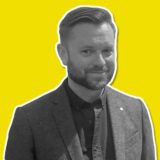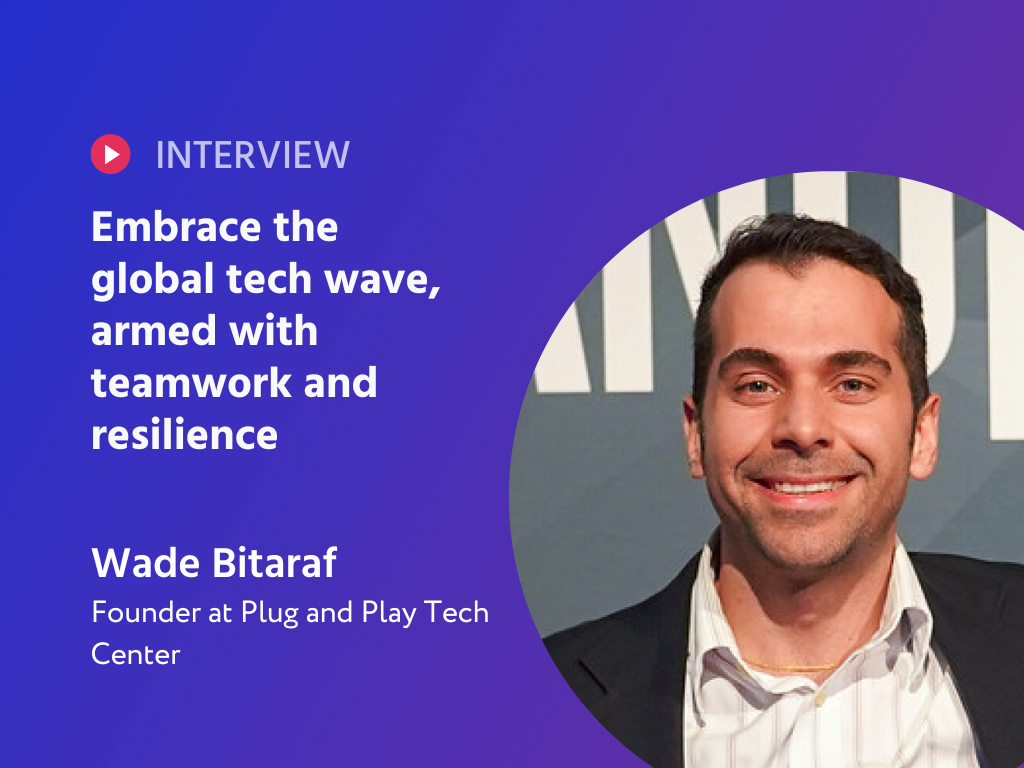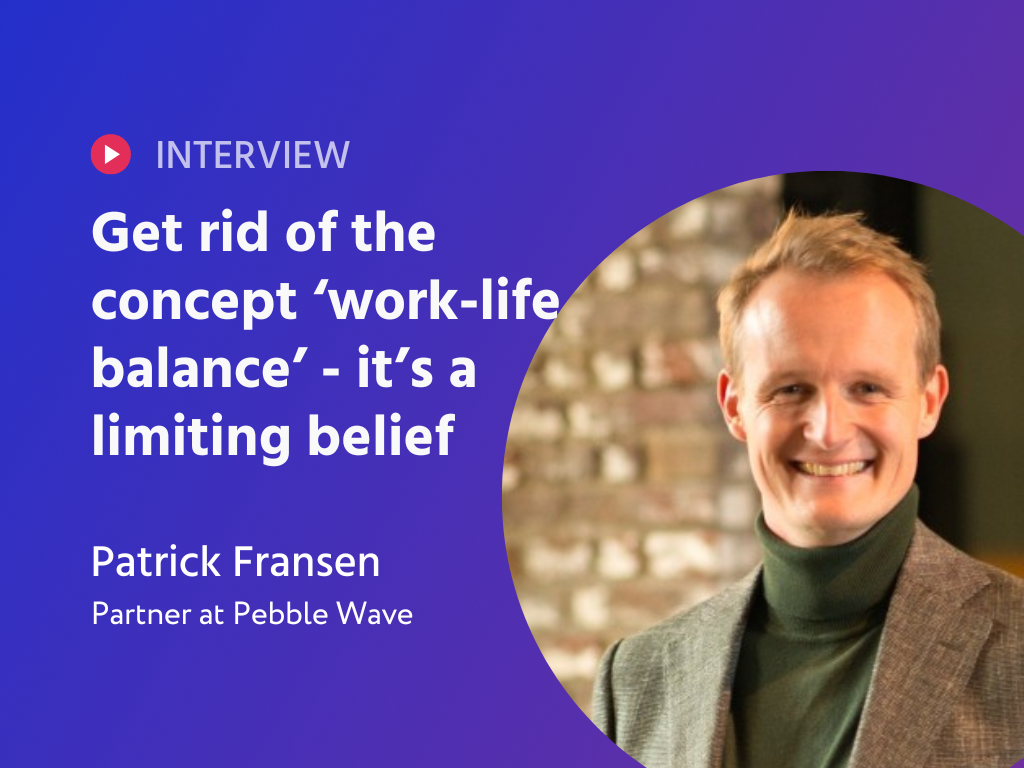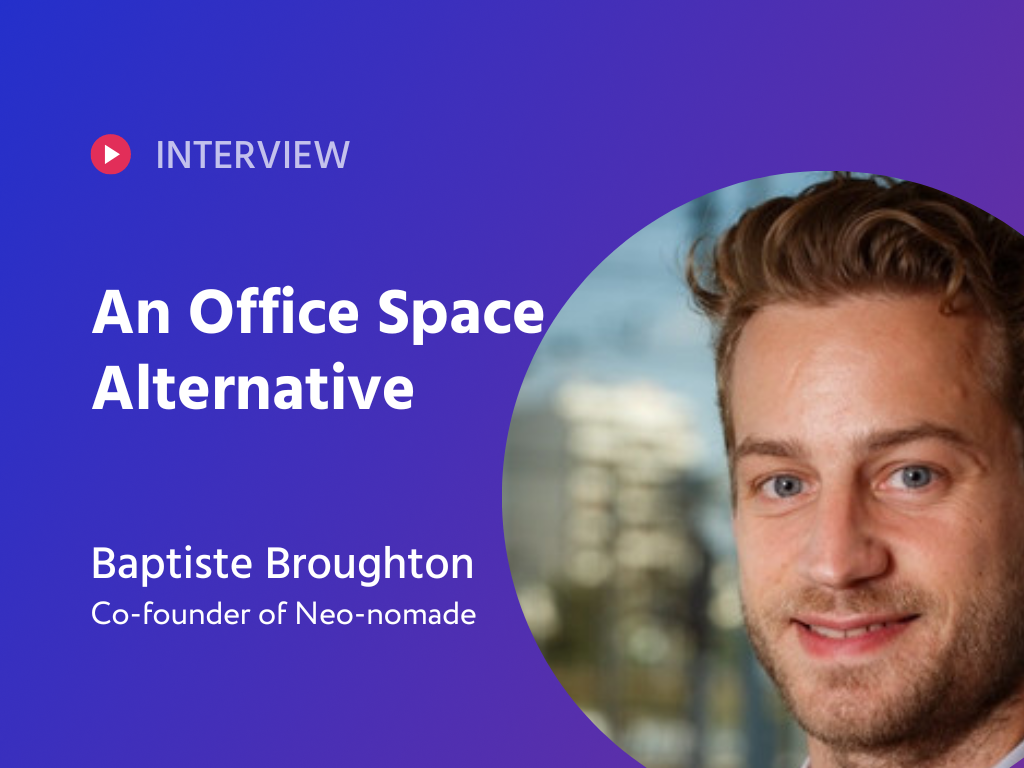In this dynamic discussion with Chris Hyland, Co-founder of The Happiness Index Ltd, we take a deep dive into his intriguing entrepreneurial journey, beginning from the first job he held to his current groundbreaking initiative aimed at transforming workplace culture. Despite his initial venture into marketing being thwarted, leading him to what he amusingly refers to as 'the dark side'—sales, Hyland's fascination with business and marketing grew even stronger.
Drawing insights from his university days at Canterbury and his early career, Hyland shares how the subtle art of advertising influenced his decision to study marketing. His candid conversation also reveals his keen interest in the psychological aspects of marketing, including its omnipresence in today's world of social media.
Through this enlightening chat, we explore not only Hyland's professional evolution, but also how his early experiences shaped his vision for a happier, healthier workplace environment.
Chris Hyland: A Journey from Car Washes to Captivating Adverts
Ever wonder how someone ends up as a Co-founder of a unique business like The Happiness Index Ltd? Well, for Chris Hyland, it wasn't all smooth sailing from the start. Picture a 16-year-old Hyland, ardent about automobiles, washing cars at a local dealership. An amusing entry into the world of work, wouldn't you say? Even though his passion for pristine vehicles waned over time, it was the opening chapter of his remarkable journey.
His path from car washing to a sales position, albeit reluctantly, was an interesting twist. Here's Hyland, fresh out of Canterbury University with a marketing and business degree, all set to dive headfirst into a marketing role. But fate had other plans! Unable to find the marketing gig he desired, he ventured into sales, or as he puts it, "I had to go to the dark side and get a sales job."
I had to go to the dark side and get a sales job
"When you're young, people always ask you, what do you want to do when you're older? People in their 20s and 30s still aren't clear. I wasn't sure in my 20s," Hyland confessed, revealing a universal truth about the vagueness of early career plans. Yet, in the maze of growing up, he discovered an unlikely source of fascination — television adverts. Hyland said, "I actually really enjoyed watching television adverts. I was fascinated to know that companies are paid to advertise." This fascination played a huge role in shaping his career, proving that sometimes, the most unanticipated detours can lead to the most exciting destinations.
From Tiny Cog to Digital Pioneer: Chris Shares His Journey Through the Labyrinth of Startup and Corporate Life
Chris journeyed from a miniscule cog in a gargantuan corporate machine to a trailblazer in the burgeoning digital industry. Reflecting on his days in a behemoth IT company, Chris paints the picture of a slow and steady climb. Amidst the layers of corporate red tape, promotions were more like a trickle than a flood. But, every pay rise, as minor as it was, meant the world to Chris at the time. Yet, with the rigid pace and lack of autonomy, a sense of frustration ensued.
In search of a new adventure, Chris jumped ship to a smaller, rapidly growing financial services software firm. This environment was a far cry from the sluggish pace of his previous employment. With 100 employees, every individual was a crucial player, contributing daily. The high-paced environment, accompanied by a buzzing social life, seemed to echo the quintessential London culture. Here, Chris was inundated with a flurry of learning opportunities, far more than his previous stint at the larger firm. It was a place where entrepreneurial spirit flourished and every idea didn't require bureaucratic approval. In his words, "In a small company, it's more around just getting on and doing stuff and seeing how you get on".
Reflecting on his career path, Chris provides an insightful recommendation for young professionals. He believes that starting in a large company lays a foundation of broad experience. Only when an individual seeks greater responsibility and influence should they pivot towards a startup. He observed, "People who go into big companies first, and then come into one of my smaller companies, thrive being there". However, this path is not without its trials. Chris acknowledges that in smaller companies, the scope for success is as expansive as the scope for failure. It's a sink or swim environment. The risk element that thrives in startups is usually more subdued in bigger companies.
People who go into big companies first, and then come into one of my smaller companies, thrive being there
Reinventing the Work Culture: Chris's Journey from Pubs to Neuroscience
It was 2016 when Chris's company was swept up by a larger French PLC, marking the beginning of a two-year transition journey that not only saw the company transform, but also instigated the birth of an intriguing idea. As Chris puts it, those two years were a period of 'lock-in,' offering him a unique perspective on the business and its evolving landscape. This pivot was especially interesting in terms of marketing strategies. "We started in the global recession, people thought we were crazy," Chris recalled, highlighting the initial skepticism and the rewarding aftermath.
"Massively," that's how Chris described the change in marketing over a decade, explaining that what began as a process of educating customers about the potential of digital advertising, morphed into a challenge of standing out in an increasingly crowded and competitive digital marketing space. As he vividly recounted the era, Chris said, "We came from a world where we could say, well, actually, we know what that person searched for… People couldn't believe it." Such innovative thinking was at the core of their strategy, enabling the company to successfully navigate the swift currents of industry change.
But the company's true strength, Chris maintained, was its unique culture. Starting young at 26, Chris built a work-hard-play-hard mentality within the organization, creating an environment that wasn't about stringent processes but rather backing talent. "Our key USP was our culture," Chris asserted. As he further elucidated, this particular approach translated into a methodology, coined the " The Happiness Index," aiming to understand and measure happiness at work. It started as a casual question asked to employees during Friday pub visits and evolved into a systematized approach backed by neuroscience. "We only got into properly quantifying that in 2018," Chris said, revealing the complex evolution from a simple question to a comprehensive methodology. This kind of imaginative thinking exemplified in Chris's quote, "When we started The Happiness Index, we saw our company growth accelerate… Most importantly, you act on that feedback, your business is going to be a lot better than it was before." These innovative approaches have undoubtedly changed the game, adding a new dimension to the perception of workplace happiness.
When we started the Happiness Index, we saw our company growth accelerate… Most importantly, you act on that feedback, your business is going to be a lot better than it was before
Decoding The Happiness Index: A Global View from the Cutting Edge of Employee Culture
In the bustling hubbub of today's professional world, one man stands out with his radical approach to employee satisfaction. Chris, a visionary who leads a software-as-a-service company, believes that the state of a business's culture doesn't just revolve around profit margins or task efficiency. Instead, he views it through the lens of 'happiness', a dynamic, complex, and incredibly vital force. The firm's unique approach revolves around conducting a 'cultural assessment', essentially a deep-dive survey that uncovers aspects that are working well and those that need attention. "The bit you're lacking at the moment is acknowledgement," Chris said, reflecting how their platform helps companies identify key areas to focus on for improvement.
But this happiness-focused enterprise is not confined to a particular region or a homogeneous culture. It is genuinely global, and Chris credits this success to their robust methodology, which is grounded in neuroscience. The company has expanded its reach to have international customers, and one of its fastest-growing regions is South America. "We always believed in happiness, and not engagement," Chris confessed. "But actually, we got to a place where we understood you need to measure both." This realization opened doors to regions where feedback cultures and perceptions of happiness can differ starkly from western norms.
Navigating these nuances has not been without its challenges. The pandemic, for example, shook the very foundation of work culture worldwide. Initially, it looked like the catastrophe would sink the business. However, paradoxically, it served as a catalyst, pushing organizations to scrutinize their cultures closely, leading to a demand surge for their services. "Sometimes we look back and think or wonder where we'd be. If there wasn't COVID, would we be further ahead. But there's no doubt that COVID actually helped us," Chris said, revealing the silver lining of the crisis.
At the heart of it all, what makes Chris happy? In a resonating quote, he revealed, "What really helps drive me and makes me happy is growth. Business growth, personal growth, seeing growth in others, I get a real kick out of it."
What really helps drive me and makes me happy is growth. Business growth, personal growth, seeing growth in others, I get a real kick out of it




